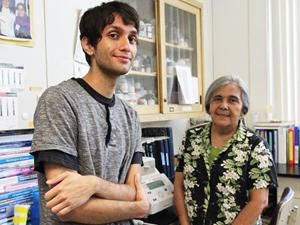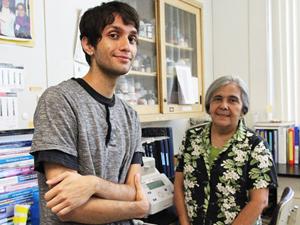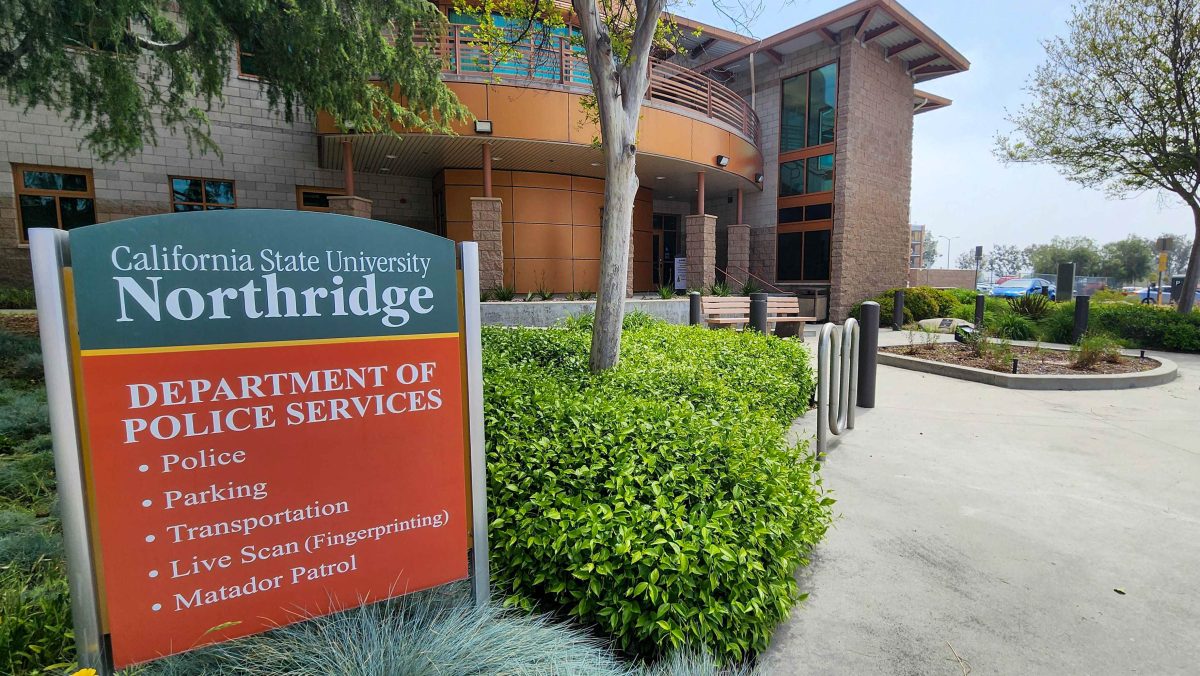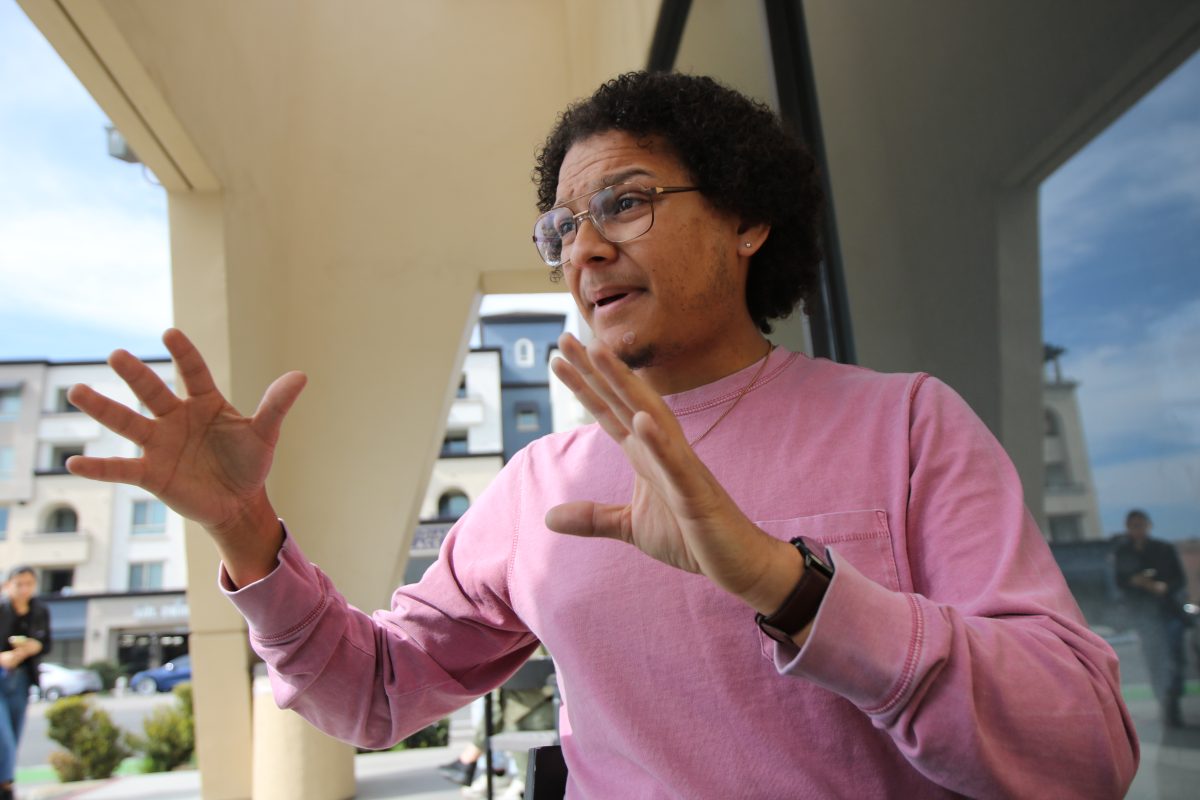
CSUN received part of a $1.3 million grant from the National Institutes of Health (NIH) for two different programs that aid minority students in the field of biomedical research.
The first program is the Minority Access Research Careers Undergrad Science Training and Academic Research (MARC U*STAR) and the second program is the Minority Biomedical Research Support Research Initiative for Scientific Enhancement (MBRS RISE).
“These programs are very competitive. There are many schools and colleges from all over the country who get these grants and Dr. Zavala is one of the top people to get these grants,” said Dr. Steve Oppenheimer, professor of biology at CSUN who helps run the summer portion of the Minority Access Research Careers Undergrad Science Training program.
The summer portion is a mandatory and necessary component of the program where students focus on math and English skills. This helps to prepare them for the rest of the program.
CSUN also received this grant in 1990. Once a university has been awarded the grant money, it is up to the NIH to decide how much money the school will get and over how many years it will be dispersed.
After the NIH reviews the grant proposal, a panel scores it and depending on the score it receives, the panel makes a commitment for up to five years. CSUN has been granted the maximum five year commitment both times.
Dr. Maria Elena Zavala, the program director and professor of biology at CSUN, begins the grant process by writing a proposal to the NIH and includes experimental research that outlines what the money will go toward.
“The grant money is mainly used to support our students,” Oppenheimer said.
There are several requirements for the students to become part of these programs, and there are only 600 Minority Access Research Career students in the nation; CSUN has 16. The grant money pays for their tuition as well as their research, travel and supplies.
First the students must submit an application, all of which are carefully reviewed. Zavala screens the applications, then the faculty board members and current program students interview the selected applicants.
Once they are accepted into the program, students must complete a summer workshop, run by Oppenheimer, in which they take math and English classes to further develop essential skills.
Zavala has also helped CSUN receive a grant for the Minority Biomedical Research Support program (MBRS), which supports 20 undergraduate students and six graduate students per year. The program pairs them with a faculty member who mentors them. The grant money maintains student salaries while they work in a research lab.
Both programs help aid the disabled and the economically challenged, said Zavala.
“(The programs help) increase the national biomedical workforce, especially with a lot of diversity,” said Oppenheimer.
Zavala said many of the students go on to get into the PhD program.
“When I first came to CSUN not a single faculty member could recall a single minority student who was going into a PhD program,” said Zavala. “That is changed now.”
There are three different components for these programs: upper division, lower division and also a freshman component. The upper division students do extensive research alongside faculty members and often attend national conferences where they present their research.
The program is offered to students in a variety of majors, not just biology. Psychology, physics, math, nutrition and kinesiology majors are also invited to apply for these grant programs.
The biology programs at CSUN are unique in that this department has two winners of the US Presidential Award, Zavala and Oppenheimer. They are both also elected fellows for the Institute of Science.






